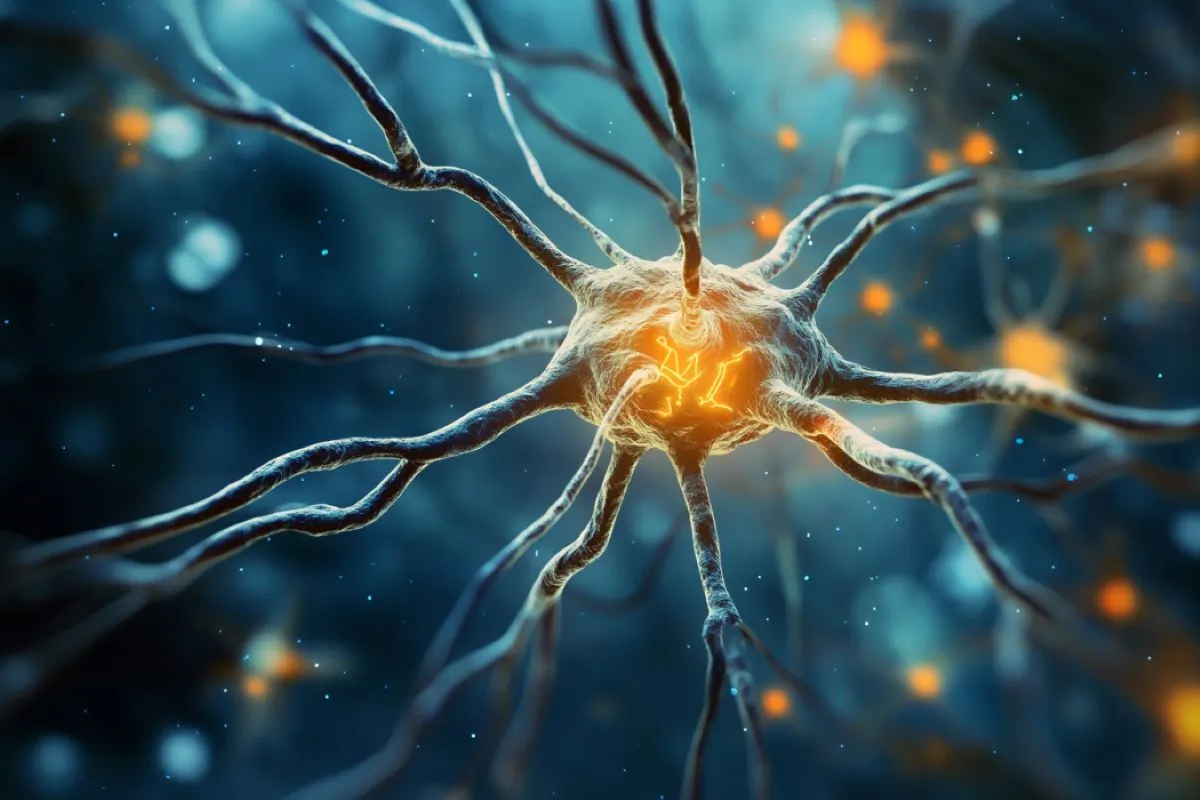Brain Research on Immune Changes and Multiple Sclerosis Onset

Significant Findings in Brain Research
Recent brain research conducted at LMU highlights the pivotal function of CD8-positive T cells in the early processes leading to multiple sclerosis (MS). These T cells may act as indicators for the onset of this debilitating condition, providing fertile ground for further investigation into how neuroscience can aid in prediction and treatment.
The Role of T Cells in Multiple Sclerosis
- Neurobiology suggests that these immune cells could influence patient outcomes.
- Understanding the connection between T cells and multiple sclerosis could advance therapeutics.
- Neurology and neuroscience are poised for innovations based on these discoveries.
Disclaimer: The information provided on this site is for informational purposes only and is not intended as medical advice. We are not responsible for any actions taken based on the content of this site. Always consult a qualified healthcare provider for medical advice, diagnosis, and treatment. We source our news from reputable sources and provide links to the original articles. We do not endorse or assume responsibility for the accuracy of the information contained in external sources.
This article was prepared using information from open sources in accordance with the principles of Ethical Policy. The editorial team is not responsible for absolute accuracy, as it relies on data from the sources referenced.